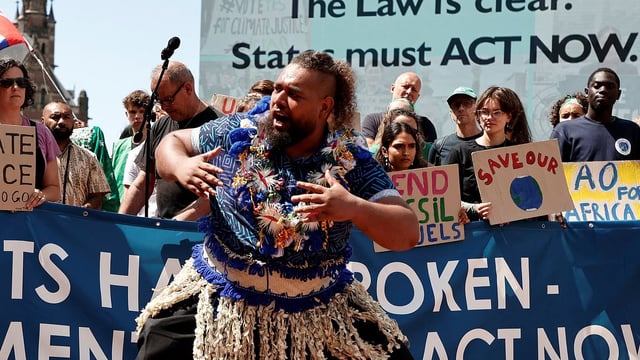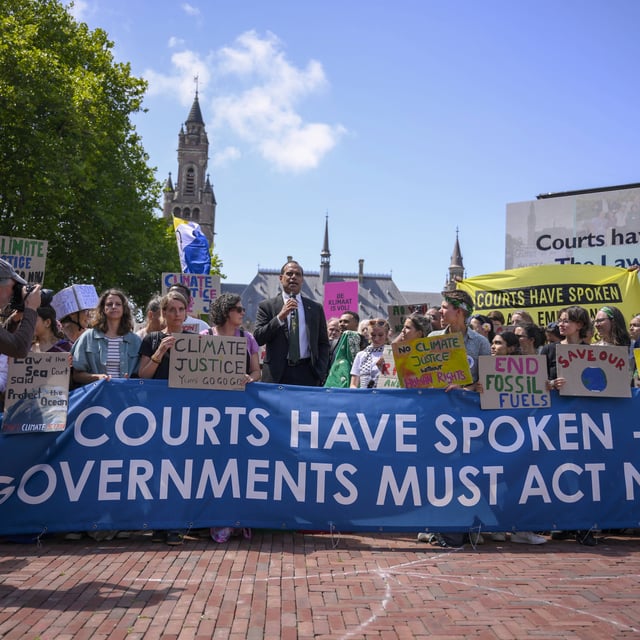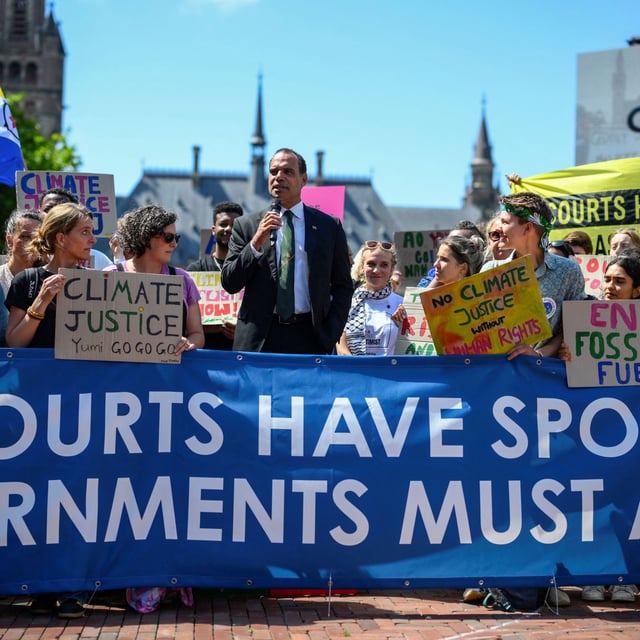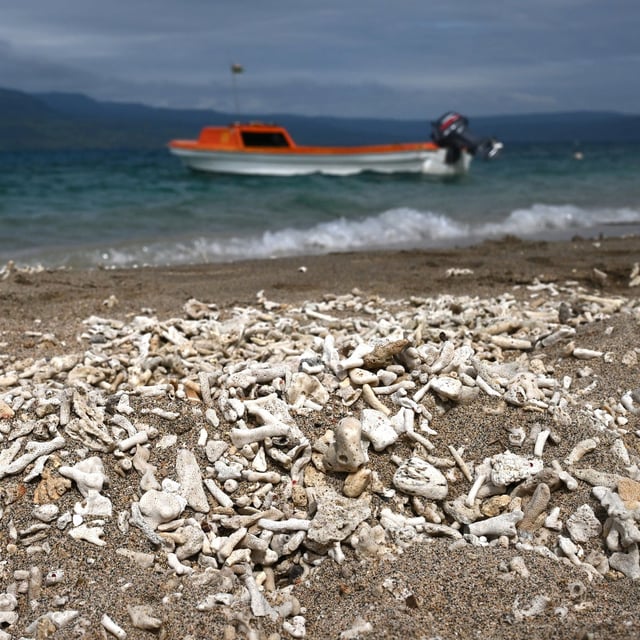Overview
- The ICJ’s 500-page advisory opinion concludes that failure to take appropriate measures against greenhouse gas emissions may constitute an internationally wrongful act.
- The court formally recognized a clean, healthy and sustainable environment as a fundamental human right under international law.
- Though nonbinding, the opinion affirms that harmed states could pursue full reparations—including restitution, compensation or satisfaction—on a case-by-case basis.
- President Yuji Iwasawa described climate change as an urgent, existential threat that demands high-ambition emission targets and international cooperation.
- Championed by Vanuatu and backed by more than 130 nations, the ruling is poised to shape domestic climate litigation, investment treaties and future UN negotiations.



